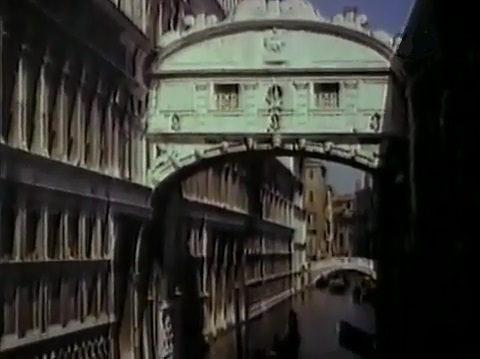What You Need
The Twilight Zone
The extremely
fine playing here, not only by the principals (Ernest Truex and Steve Cochran)
but by the supporting players as well, is a particular measure of the script’s
cogency and that of the direction. Serling (out of Lewis
Padgett) has nailed this to perfection, as you would say, and Ganzer has
thought it all through. This is what gives Truex’s
searching gaze as the knickknack salesman, and Cochran’s unflinching pursuit of
his pathetic destiny, foreseen at the start.
There is a story
about an importunate actor inquiring after his role in The Birthday Party,
and Pinter replying, “mind your own fucking business” (compare the
fortune-telling machine in “Nick of Time”, dir.
Richard L. Bare).
The Hitch-Hiker
The Twilight Zone
A succinct
surrealist exercise in the pithiest of language. The
woman haunted by a persistent suitor appeals to a gas station owner. Rebuffed,
she turns to a sailor. “I’m a lady,” says she.
A phone call to
her mother reveals she’s been dismissed. It’s as if “somebody pulled a plug out
of me... I think I know.” The man is in her car, and says, “I believe you’re
going my way.”
Ganzer’s flair is
notable and often noted. L’amour c’est la mort,
as the saying is. This is Serling’s A Streetcar
Named Desire, and it’s a question whether he or his radio authoress
invented the all but intuitional conclusion.
Nightmare as a Child
The Twilight Zone
The title
signifies the conditional, the nightmare takes place
under a specific set of circumstances, denoting childhood.
It has another
signification for the spectator of the scene. Serling’s extreme fineness of
writing has the qualities of compression typical of a half-hour teleplay, which
proceed so very rapidly at times as to find themselves situated between the
expressive and the explicable (surely another definition of the twilight zone).
The mental
aberration depicted soberly and tersely takes on a dramatic life of its own, as
it were.
Ganzer’s
direction in the one-room set is very skillful, lending an air of magic to the
pointed dialogue, which ends sardonically deadpanned like Maté’s D.O.A.
Consequences are
in Polanski’s Repulsion, Young’s Wait Until Dark, and Altman’s Images.
Three Bites of the Apple

English tour
guide or courier wins on the Continent, Italian sharpers
plan to fleece him. “How did you know about Miss
Sparrow?”
“Doesn’t
everyone?”
“Well, not everyone.”
A brilliant, direct
analysis by George Wells of Preston Sturges’ The Lady Eve, exactly situated amidst the perfectly brilliant
cinematography of Gabor Pogany
on location and at Cinecittà, the score by Eddy Manson, and Ganzer’s
more than brilliant direction, “The British Grenadier” on top of the world,
hound in tow, row, row.
Bosley Crowther of the New
York Times, “Mr. McCallum... is no actor at all, and the script is equally
flat and listless.” Variety, “unimaginative film making.” TV Guide, “a no-joke comedy”. Michael Betzold (All Movie Guide), “lightweight comedy.” Halliwell’s Film
Guide, “very dull”.